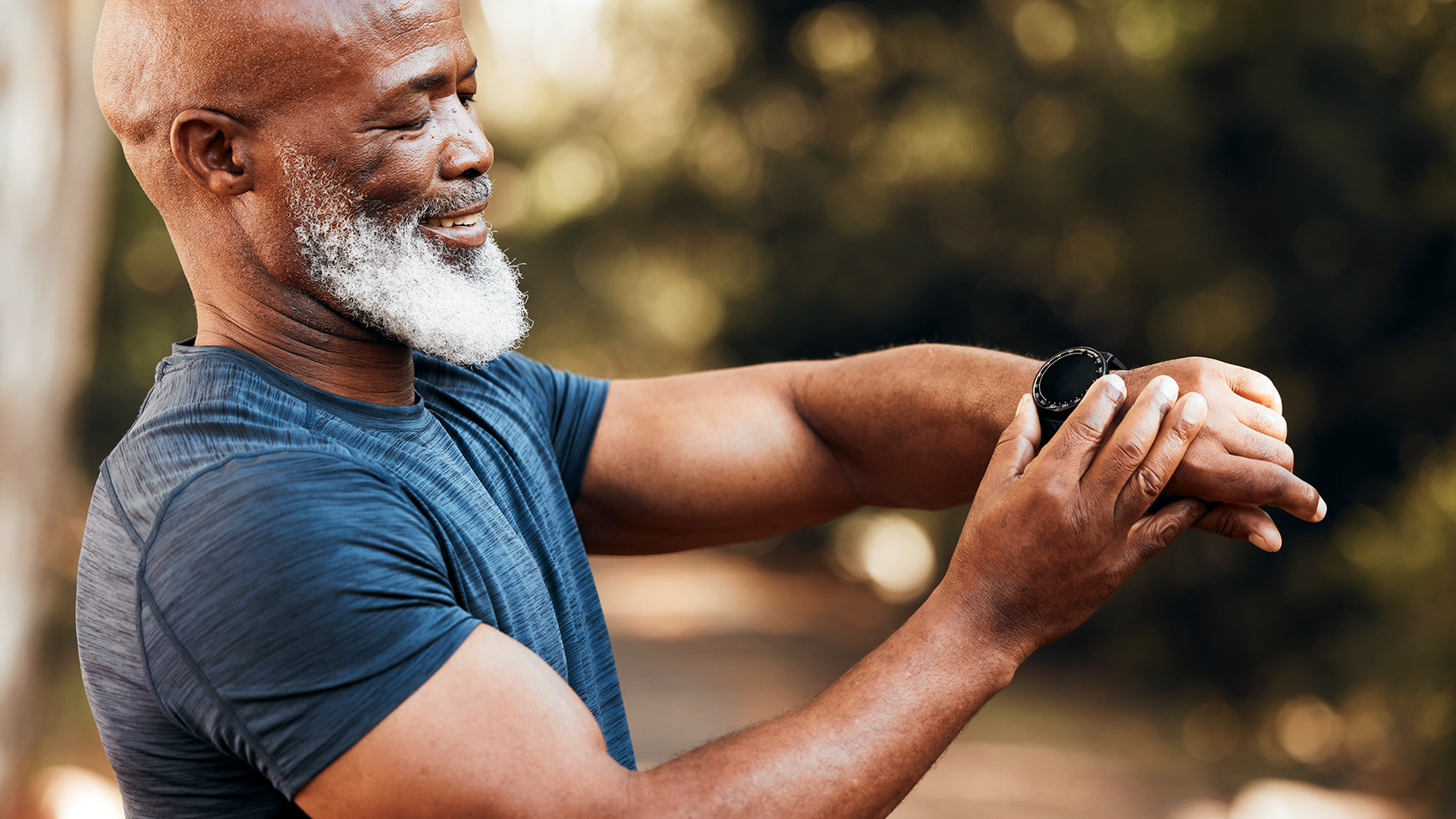An Innovative Approach to Harnessing Whole-Person Health Data
It all began with the idea of providing patients or consumers a voice within healthcare that is also represented in health care data. This work grew from my passion and strong interest in the patient engagement movement.
Robin Austin, PhD, DNP, DC, RN-BC, FAMIA, FNAP
An Innovative Approach to Harnessing Whole-Person Health Data
It all began with the idea of providing patients or consumers (I will use the terms interchangeably) a voice within health care that is also represented in health care data. This work grew from my passion and strong interest in the patient engagement movement.
- Oftentimes a patient's “health” or “health care” is documented or recorded “about” the individual but rarely “with” them.
- The question we had was “how can we give patients a voice within health care data that includes the whole-person?”
- Whole-person health includes an individual's environment, psychosocial aspects, physiological status, their health behaviors, and their strengths or assets.
Early in my PhD program, I was at a community meeting with my mentor, and we were discussing strengths (or assets) of families caring for children with special needs. I had a lightbulb moment and thought, “could we look at health care as a whole from a strengths or assets-based perspective?” This idea grew into my PhD research and one I am still actively researching today. Working with my mentor and colleague, Dr. Karen Monsen, we designed and created a consumer-friendly app called MyStrengths+MyHealth (MSMH) that allows individuals to specify their whole-person health data, including problems and strengths. Our long-term goal is to:
- Support patients as they collect and use whole-person health data outside of formal care settings.
- Support collaborative use of whole-person health data during clinical care.
By doing so, we hope to improve health outcomes by providing patient-centered, timely, and equitable care, and by efficiently using technology that provides a whole-person perspective.
Background
Our health care system and data are fragmented, with the health care team (e.g., nurses, clinicians, social workers, etc...) has little understanding of the whole-person. Whole-person 360-degree health care is defined as helping and empowering individuals, families, communities, and populations to improve their health in multiple interconnected biological, behavioral, social, and environmental areas. One key challenge is that approximately 80% of health-related activities occur outside of formal care settings. Additionally, time during a clinical visit is often constrained. Thus, collecting and using accurate and reliable whole-person health data, including social determinants of health is difficult. Therefore, we are currently limited in how whole-person health data could be used by the health care team. Further, data across various systems and organizations are often not shared or lack the ability to be shared. This fragmentation of care and data is known to increase costs and utilization, and result in poorer health outcomes. While gaps in care are inevitable, reframing the provision of care and services to a whole-person perspective can shift our health care system from one that is distributed and fragmented to one that is coordinated and holistic.
Pieces of the puzzle were missing
Our innovation MyStrengths+MyHealth (MSMH) addresses the problem of a lack of whole-person evaluation in health care by providing comprehensive whole-person health assessment including the social and behavioral determinants of health (SDOH) using a standardized terminology. Using a standardized terminology provides structure to the data and can be integrated within the existing electronic health infrastructure thus reducing the need for additional assessments. Further, data across various systems and organizations are often not shared or lack the ability to be shared. MSMH provides a platform that will enable a strengths-based comprehensive whole-person health assessment and thus enable SDOH data to be captured and used both during and between formal care visits. The ability to include whole-person strengths-based patient-generated health data with the clinical encounter can facilitate a paradigm shift from deficits to strengths and include this data as part of a longitudinal care plan. Further, human health and wellness is multi-dimensional, includes an individuals’ strengths, and requires whole person-centered coordination of health, behavioral health, and social services to improve health outcomes and more effectively use resources.
What I learned along the way
The best advice (or question) I received from a longtime mentor was "If not you, then who?" She asked me, "why not you?" That question stopped me in my tracks. It was another light bulb "ah-ha" moment. My mentor was right, I had been giving excuses or reasons why I couldn't do something. It took that question for me to pause and realize I needed to get out of my own way, out of my comfort zone, and move forward. I may not have all the right answers or know how things will turn out, but I needed to at least try. I have been trying to do this a little each day. The best advice I have to offer, which I consider frequently myself, is to "get comfortable with being uncomfortable." To grow - professionally and personally - we have to move beyond what we do within our zone of comfort. It is not easy; I struggle all the time but to push yourself a little each day will pay off dividends in the long run.
Citations/Works:
Austin, R., Jones, C., Dominguez, A., Hawkins, D., Ondara, C., Haynes, D., Monsen, K., & Eder, M. (2022). Shifting the Opioid Conversation from Stigma to Strengths: Opportunities for Developing Community-Academic Partnerships. Interdisciplinary Journal of Partnership Studies, 9(1), Article 2. https://doi.org/10.24926/ijps.v9i1.4671
https://pubs.lib.umn.edu/index.php/ijps/article/view/4671
Austin, R. R., Mathiason, M. A., Lu, S. C., Lindquist, R. A., McMahon, S. K., Pieczkiewicz, D. S., & Monsen, K. A. (2022). Toward clinical adoption of standardized mHealth solutions: The feasibility of using MyStrengths+ MyHealth consumer-generated health data for knowledge discovery. CIN: Computers, Informatics, Nursing, 40(2), 71-79.
Austin RR, Mathiason MA, Monsen KA. Using data visualization to detect patterns in whole-person health data. Res Nurs Health. 2022 Aug;45(4):466-476. doi: 10.1002/nur.22248. Epub 2022 Jun 19. PMID: 35717597; PMCID: PMC9299558.










